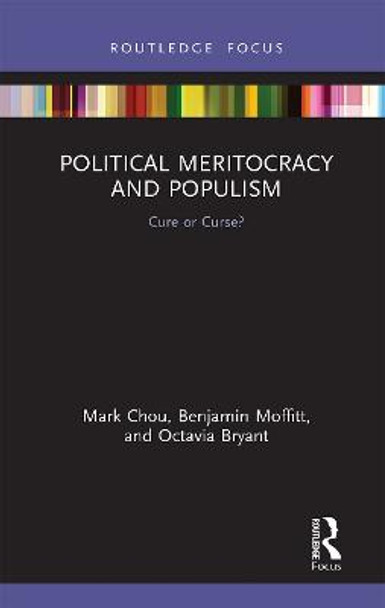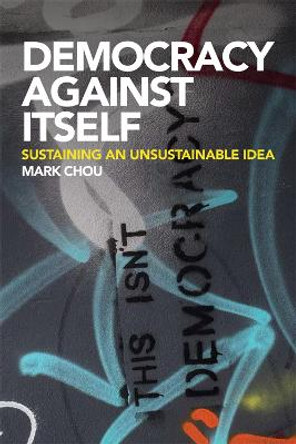Description
Offering the first in-depth analysis of the relationship between populism and political meritocracy, this book asks why states with meritocratic systems such as Singapore and China have not faced the populist challenge to the extent that liberal-democratic states have. Is political meritocracy immune to populism? Or does it fan its flames?
Exploring this puzzle, the authors argue that political meritocracies are simultaneously immune and susceptible to populism. The book maintains that political meritocracy's focus on the intellect, social skills, and most importantly virtue of political leaders can reduce the likelihood of populist actors rising to power; that meritocracy's promise of upward mobility for the masses can work against elitism; and that rule by the 'meritorious' can help avoid crises, diminishing the political opening for populism. However, it also shows that meritocracy does little to eliminate grievances around political, cultural, and social inequality, instead entrenching a hierarchy - an allegedly 'just' one. The book ultimately argues that the more established the system of political meritocracy becomes, the more it opens the door to populist resentment and revolt.
Pitched primarily to scholars and postgraduate students in political theory, comparative politics, Asian studies, and political sociology, this book fills an important scholarly gap.
About the Author
Mark Chou is Associate Professor of Politics at the National School of Arts, Australian Catholic University, Melbourne, Australia.
Benjamin Moffitt is Senior Lecturer in Politics at the National School of Arts, Australian Catholic University, Melbourne, Australia.
Octavia Bryant is a Doctoral Candidate in Politics at the National School of Arts, Australian Catholic University, Melbourne, Australia.
Book Information
ISBN 9781032239088
Author Mark Chou
Format Paperback
Page Count 86
Imprint Routledge
Publisher Taylor & Francis Ltd
Weight(grams) 100g








